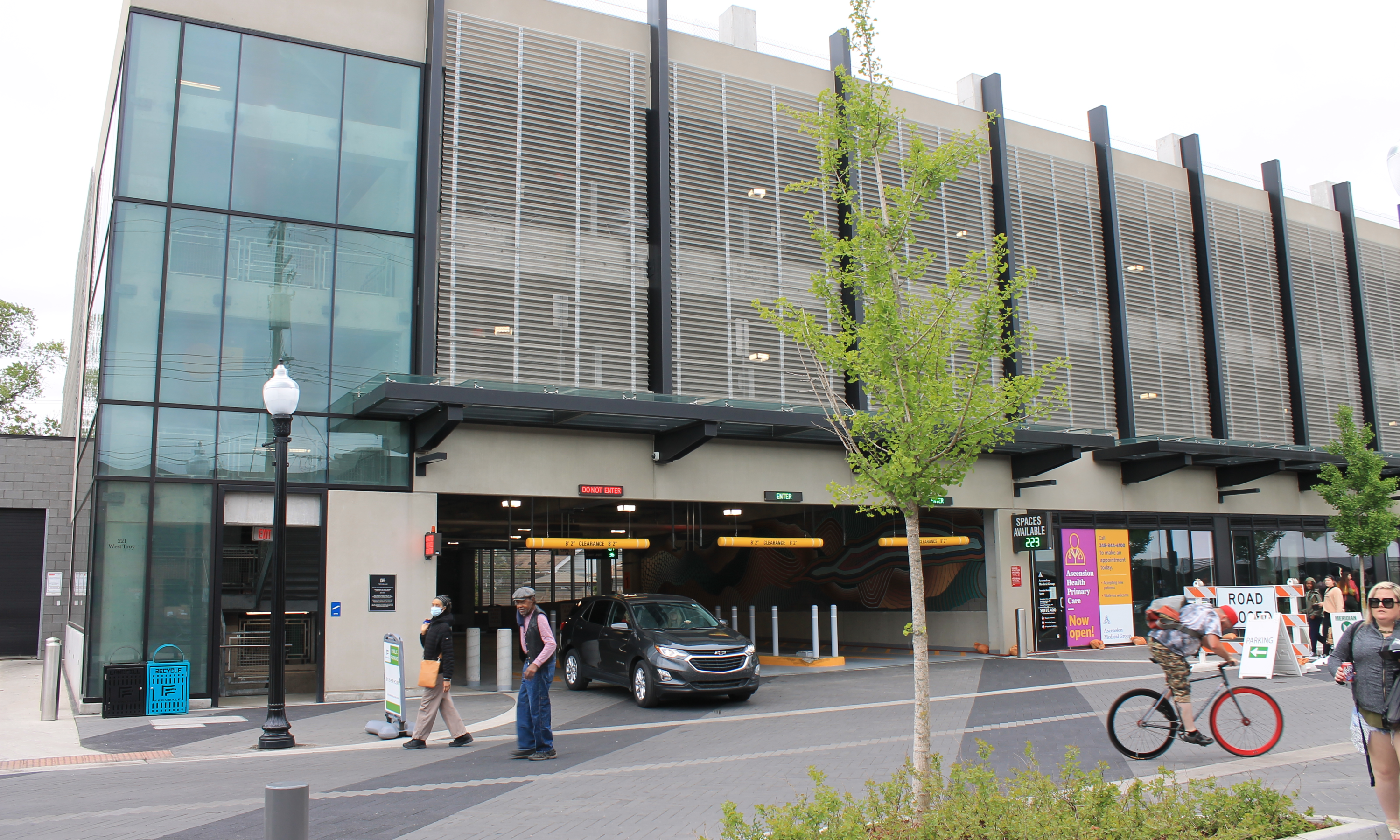“`html
Navigating internet Options in Fendale: A Comprehensive Guide
In the heart of Fendale, a town known for its tranquil charm and growing community, access to reliable and high-speed internet has become increasingly vital. Whether you’re a resident working from home, a student engaged in online learning, or a business seeking to connect with a global market, understanding the available internet options is crucial. This comprehensive guide aims to demystify the choices, providing an in-depth look at the providers, technologies, and factors to consider when selecting the right internet service for your needs.
Understanding Fendale’s Internet Landscape
Fendale’s internet infrastructure, like many rural and semi-rural areas, presents a mix of traditional and modern technologies. Understanding the interplay of these technologies is the first step towards making an informed decision. Key factors influencing internet availability in Fendale include:
Geographical Location and Infrastructure

Fendale’s spread-out layout and varying terrain can impact the availability and quality of internet services. Some areas may have access to advanced fiber optic networks, while others rely on older copper-based infrastructure. This geographical disparity is a common challenge in many regions.
Population Density and Provider Investment
Areas with higher population density tend to attract more investment from internet service providers (ISPs). This can lead to better infrastructure and a wider range of service options. Conversely, less densely populated areas may face limited choices and slower speeds.
Technological Advancements and Upgrades

The telecommunications industry is constantly evolving. Ongoing upgrades to existing infrastructure and the rollout of new technologies, such as 5G and fiber-to-the-home (FTTH), are gradually improving internet access across Fendale.
Available Internet Technologies in Fendale
Several internet technologies are available to Fendale residents, each with its own set of advantages and limitations:
DSL (Digital Subscriber Line)
DSL uses existing telephone lines to transmit data. It’s a widely available option in Fendale, but speeds can vary significantly depending on the distance from the provider’s central office. Typically, DSL offers download speeds ranging from a few megabits per second (Mbps) to around 50 Mbps.
Advantages of DSL

Wide availability due to existing telephone infrastructure.
Generally affordable compared to other broadband options.
Disadvantages of DSL
Speeds decrease with distance from the central office.
Symmetrical speeds are not always available (upload speeds are often much slower than download speeds).
Susceptible to interference from electrical devices.
Cable Internet
Cable internet uses the same coaxial cables as cable television. It’s known for offering higher speeds than DSL, with typical download speeds ranging from 50 Mbps to 1 Gbps or more. However, availability may be limited to areas with existing cable infrastructure.
Advantages of Cable Internet
Higher speeds compared to DSL.
Relatively stable connection.
Disadvantages of Cable Internet
Shared bandwidth can lead to slowdowns during peak usage hours.
Availability is dependent on existing cable infrastructure.
Upload speeds are often significantly lower than download speeds.
Fiber Optic Internet
Fiber optic internet uses thin strands of glass or plastic to transmit data at the speed of light. It’s the fastest and most reliable internet technology available, offering symmetrical speeds (equal upload and download speeds) of up to several gigabits per second (Gbps). However, fiber optic infrastructure is still being developed in Fendale, and availability may be limited to specific neighborhoods.
Advantages of Fiber Optic Internet
Extremely high speeds and low latency.
Symmetrical speeds, ideal for video conferencing and uploading large files.
Highly reliable and less susceptible to interference.
Disadvantages of Fiber Optic Internet
Limited availability due to ongoing infrastructure development.
Higher installation costs compared to other technologies.
Fixed Wireless Internet
Fixed wireless internet uses radio waves to transmit data from a tower to a receiver at your home. It’s a viable option for areas where wired internet services are limited. Speeds can vary depending on the provider and the distance from the tower, typically ranging from 25 Mbps to 100 Mbps.
Advantages of Fixed Wireless Internet
Available in areas with limited wired infrastructure.
Relatively quick installation.
Disadvantages of Fixed Wireless Internet
Speeds can be affected by weather conditions and obstructions.
Latency can be higher than wired connections.
Limited data caps may apply.
Satellite Internet
Satellite internet uses satellites orbiting the Earth to provide internet access. It’s a last-resort option for areas with no other internet services available. While it offers wide coverage, it’s known for high latency and limited speeds, typically ranging from 12 Mbps to 100 Mbps. Newer satellite internet options are improving these speeds and latency.
Advantages of Satellite Internet
Available in almost any location.
Disadvantages of Satellite Internet
High latency, making it unsuitable for real-time applications like gaming and video conferencing.
Speeds can be affected by weather conditions.
Limited data caps and high costs.
5G Home Internet
5G home internet uses the latest generation of cellular technology to provide wireless broadband access. It offers speeds comparable to cable internet and can be a viable alternative in areas with strong 5G coverage. Availability in Fendale is rapidly expanding.
Advantages of 5G Home Internet
High speeds and low latency (in areas with good 5G coverage).
Easy setup and installation.
Competitive pricing.
Disadvantages of 5G Home Internet
Availability is limited to areas with 5G coverage.
Speeds can be affected by network congestion and distance from towers.
Internet Service Providers (ISPs) in Fendale
Several ISPs serve Fendale, each offering a range of plans and services. It’s essential to research and compare providers to find the best fit for your needs.
Local and Regional ISPs
Local and regional ISPs often provide personalized customer service and may offer specialized plans tailored to the needs of Fendale residents. They may be more flexible and responsive than larger national providers.
National ISPs
National ISPs offer a wide range of services and often have established infrastructure. They may offer bundled packages that include internet, television, and phone services.
Factors to Consider When Choosing an Internet Plan
Selecting the right internet plan involves considering several factors:
Speed Requirements
Determine your internet speed requirements based on your usage patterns. If you stream high-definition videos, play online games, or work from home with video conferencing, you’ll need a faster connection.
Data Caps
Check for data caps and ensure that the plan offers sufficient data for your needs. If you frequently download or stream large files, an unlimited data plan may be necessary.
Pricing and Contracts
Compare pricing and contract terms from different ISPs. Look for promotional offers and consider the long-term cost of the plan.
Customer Service and Support
Research the customer service and support reputation of the ISP. Reliable customer support is essential for resolving technical issues and ensuring a smooth internet experience.
Installation and Equipment
Inquire about installation costs and equipment requirements. Some ISPs may provide free installation or equipment, while others may charge fees.
Reliability and Uptime
Check the reliability and uptime of the ISP. Look for providers with a proven track record of consistent service.
Tips for Improving Your Internet Connection in Fendale
Even with the best internet plan, you may experience occasional slowdowns or connectivity issues. Here are some tips for improving your internet connection:
Optimize Your Wi-Fi Network
Position your Wi-Fi router in a central location and ensure that it’s not obstructed by walls or furniture. Consider using a Wi-Fi extender to improve coverage in larger homes.
Update Your Router and Devices
Keep your router and devices updated with the latest firmware and software updates. This can improve performance and security.
Use a Wired Connection
For demanding applications like online gaming or video conferencing, use a wired Ethernet connection for a more stable and reliable connection.
Manage Bandwidth Usage
Limit the number of devices connected to your network and close unnecessary applications that consume bandwidth.
Contact Your ISP
If you experience persistent connectivity issues, contact your ISP for assistance. They may be able to troubleshoot the problem and provide solutions.



